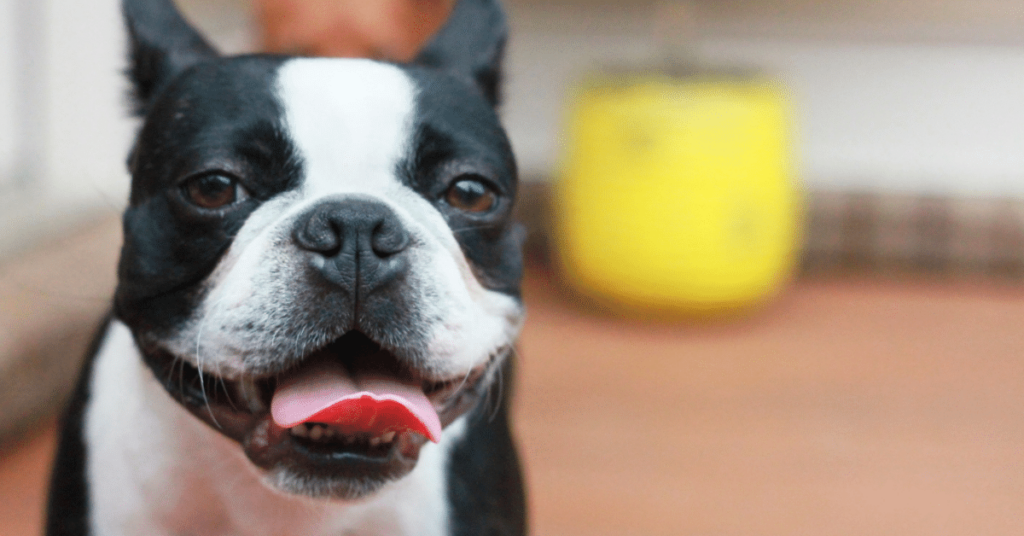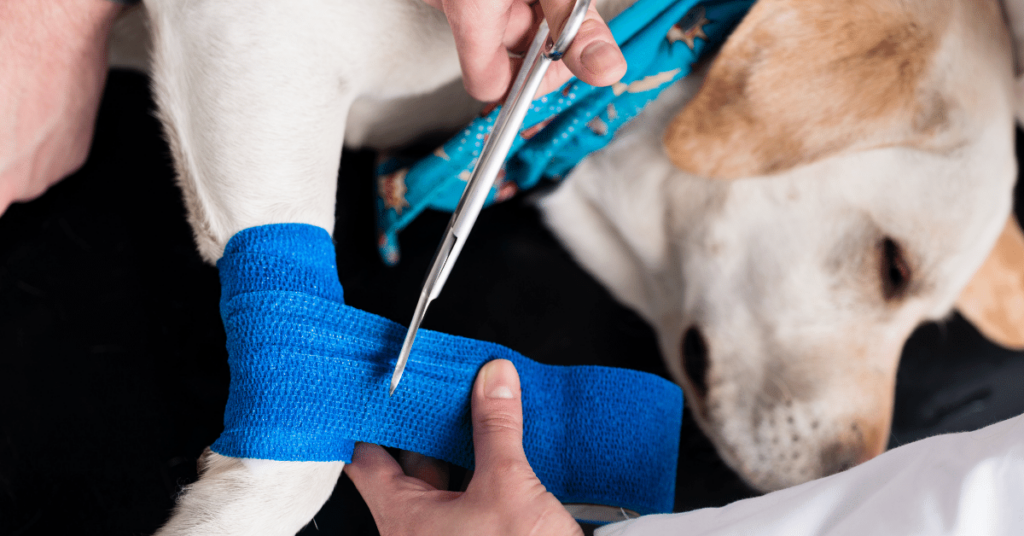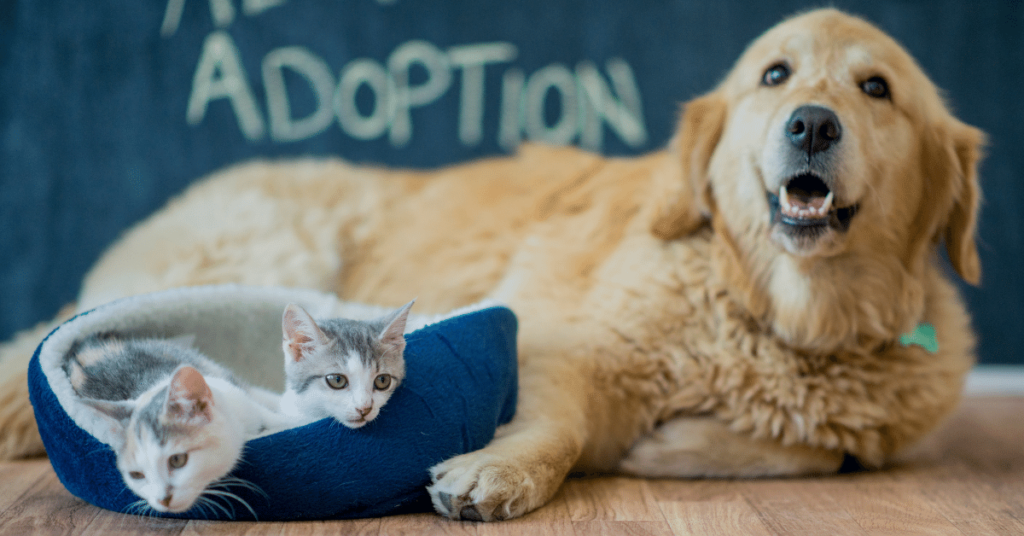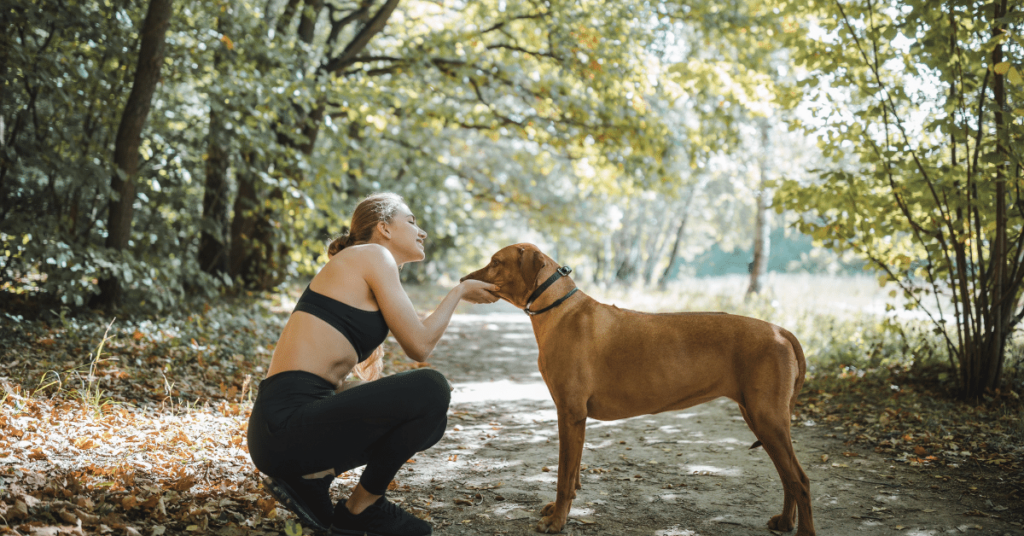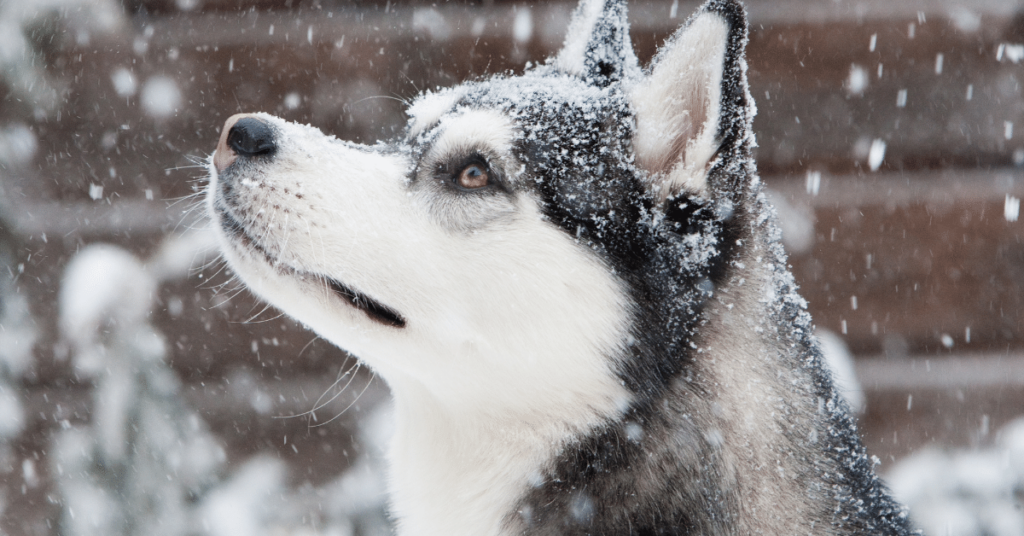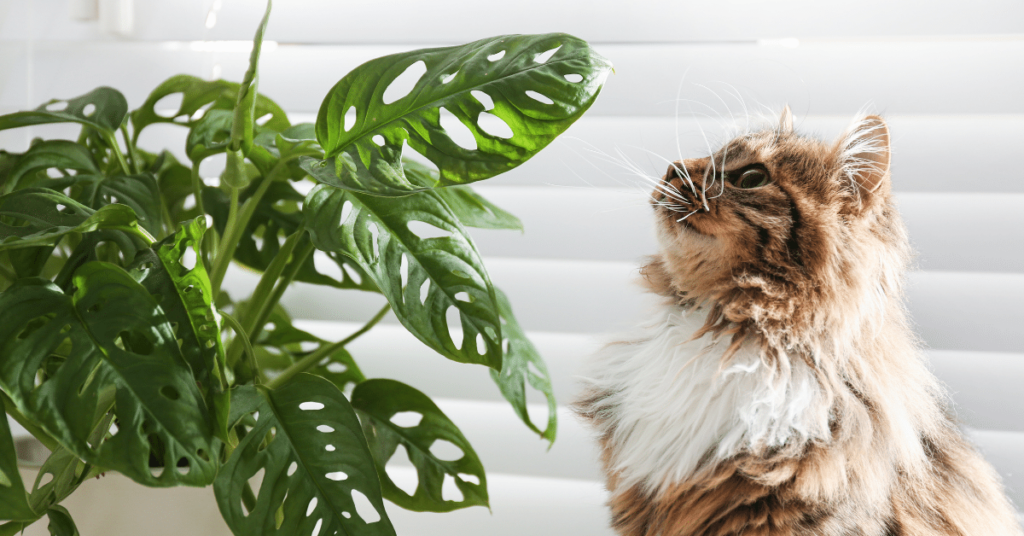Introduction
As our beloved furry companions age, they require specialized care to ensure their health and well-being. Just like humans, senior pets have unique needs that must be met to ensure a comfortable and happy life. In this article, we will discuss the various aspects of senior pet care, including nutrition, exercise, and health monitoring.
Nutrition for Aging Pets
Proper nutrition plays a crucial role in the overall well-being of our senior pets. As they age, their metabolism slows down, resulting in reduced energy requirements. It is important to provide them with a diet formulated specifically for seniors. Look for pet food labeled “senior” or “mature” as they are tailored to meet the nutritional needs of older pets.
Feeding Guidelines
To avoid obesity or malnutrition, it is essential to follow feeding guidelines provided by your veterinarian. Generally, senior pets require fewer calories while maintaining a balanced diet. Split their meals into smaller portions to aid digestion and prevent overeating. It is also crucial to provide fresh water at all times to prevent dehydration, a common issue in older pets.
Supplements for Joint Health
As pets age, they may develop joint issues such as arthritis or stiffness. To alleviate these discomforts, consider adding joint supplements to their diet. Omega-3 fatty acids, glucosamine, and chondroitin are commonly recommended supplements that promote joint health and reduce inflammation.
Exercise and Mental Stimulation
While senior pets may not have the same energy levels as their younger counterparts, regular exercise is still vital for their overall health. Low-impact exercises like short walks, gentle playtime, and swimming can help maintain muscle tone, prevent obesity, and improve cardiovascular health. Be mindful of your pet’s limitations and adjust the intensity and duration of exercise accordingly.
Mental Stimulation
Engaging your aging pet’s mind is just as important as physical exercise. Provide interactive toys, puzzle feeders, and socialization opportunities to keep their minds sharp and prevent cognitive decline. Regular mental stimulation can also help alleviate boredom and anxiety, which are more common in older pets.
Regular Veterinary Care
As pets age, they become more susceptible to various health issues. Regular veterinary check-ups are crucial to detect and address any potential problems early on. Your veterinarian will perform a thorough examination and may recommend additional tests such as blood work or X-rays.
Dental Health
Dental health is particularly important for senior pets. Periodontal disease is a common problem in older animals and can lead to pain, infection, and tooth loss. Regular dental check-ups and professional cleanings are necessary to maintain oral hygiene and prevent potential health issues.
Vision and Hearing
Changes in vision and hearing are common in aging pets. Regular eye and ear examinations can help detect and manage any age-related issues. Your veterinarian may advise on the use of supplements or medications to support your pet’s sensory health.
Environmental Adaptations
To make your senior pet’s life easier, consider making some adaptations to their environment. Provide comfortable and orthopedic bedding to support their joints and ensure easy access to their favorite spots. Ramps or stairs can assist pets with mobility issues in reaching higher surfaces or navigating stairs. Non-slip mats or rugs should be placed on slippery floors to prevent accidental falls.
Summary
Meeting the unique needs of aging pets requires a holistic approach. By focusing on proper nutrition, exercise, regular veterinary care, and environmental adaptations, you can provide your senior pet with a high quality of life. Pay attention to their individual needs and consult with your veterinarian for personalized recommendations. With the right care and attention, your aging pet can enjoy their golden years comfortably and happily.


